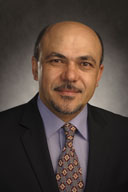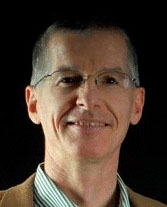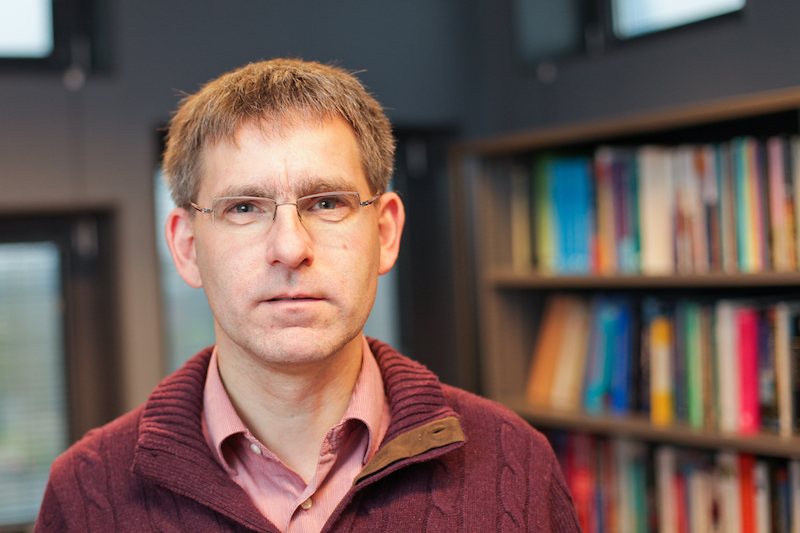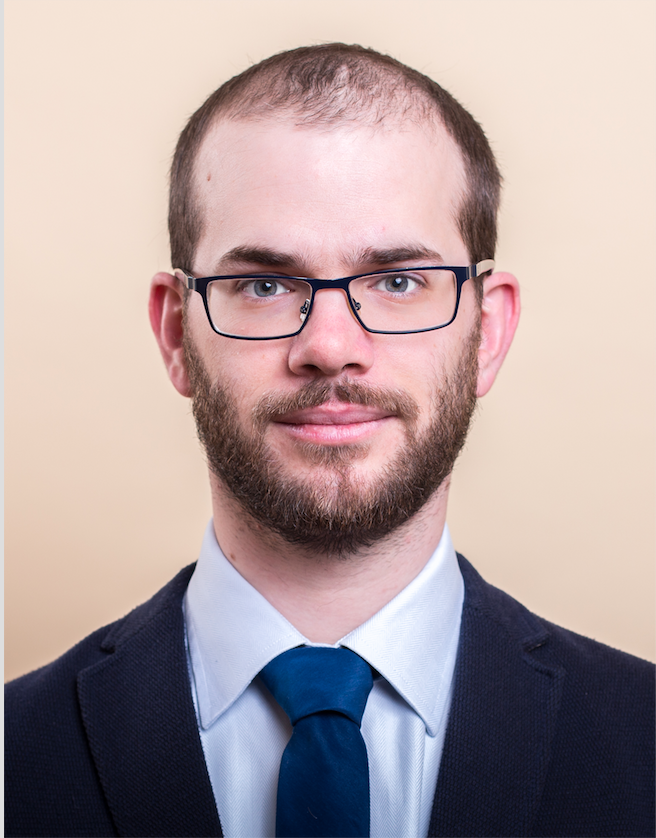Each day of the conference, we will feature a distinguished invited keynote speaker in the afternoon timeslot.
Dr. Cetin Kiris (NASA Ames Research Centre)

Progress on Scale Resolving Simulations for Noise Prediction
As Chief of the Computational Aerosciences Branch, Cetin Kiris serves as both technical and managerial lead. He is responsible for orchestrating all aspects of branch operations, including overseeing projects, providing technical direction, coordinating activities and resources, and laying strategic groundwork to support branch objectives. Kiris also led computational fluid dynamics (CFD) support for development of the Ares V Cargo Launch Vehicle, coordinating this effort with multiple teams across NASA. Kiris's field of expertise is CFD for aerospace applications. He initiated and orchestrated the development of LAVA, a computational framework for Launch, Ascent, and Vehicle Aerodynamics. Some of his most notable work includes: aerodynamic database generation for launch vehicle development; analysis of accident scenarios and launch pad ignition conditions for ground operations; turbopump flow simulations; numerical models of human circulatory systems under altered gravity; and application of CFD to analysis and design of artificial heart devices. He has published over 100 technical papers, and co-authored a book on numerical simulations of incompressible flows. Kiris received his master's degree and Ph.D. in Aeronautics and Astronautics from Stanford University. Since then he has worked as a research scientist, first at MCAT, Inc. and then joined the NAS Division in 2000. He has received numerous honors and awards, including a NASA Exceptional Achievement Medal; NASA Ames Honor Awards in several categories; NASA Commercial Invention of the Year Award for co-developing the NASA-DeBakey Ventricular Assist Device; NASA Software of the Year Award for co-developing the INS3D code; and several NASA Space Act Awards.
Prof. Rainald Löhner (George Mason University)

Towards Overcoming the LES Crisis
Rainald Löhner is the head of the CFD center at the department of computational and data sciences of George Mason University in Fairfax, VA, in the outskirts of Washington, D.C. He received a MSc in Mechanical Engineering from the Technische Universität at Braunschweig, Germany, as well as a PhD and DSc in Civil Engineering from the University College of Swansea, Wales, where he studied under Profs. Ken Morgan and Olgierd Zienkiewicz. His areas of interest include numerical methods, solvers, grid generation, parallel computing, visualization, pre-processing, fluid-structure interaction as well as shape and process optimization. His codes and methods have been applied in many fields, including aerodynamics of airplanes, cars and trains, hydrodynamics of ships, submarines and UAVs, shock-structure interaction, dispersion analysis in urban areas and haemodynamics of vascular diseases. He is the author of more than 650 articles covering the fields enumerated above, as well as a textbook on applied CFD techniques. His website is http://cds.gmu.edu/node/44
Professor Roel Verstappen (University of Groningen)

Minimum-dissipation models for LES
In 1989, Roel Verstappen recieved his Ph.D. degree in Applied Mathematics at the University of Twente (The Netherlands). After that he joined the Institute for Mathematics of the University of Groningen, where he was appointed as assistent professor in Engineering Mathematics with emphasis on Computational Fluid Dynamics. In 2006, he became an associate professor. He has long working visits to the Universitat Polytecnica de Catalunya (Barcelona), Imperial College London, TU Muenchen and Stanford University.
Professor Istvan Reguly (PPCU, Budapest)

Productivity, Performance, and Portability for CFD codes with Domain Specific Languages
Istvan Reguly is an assistant professor at PPCU in Budapest, Hungary, where he also got his PhD in computer science in 2014. His research targets the development of programming approaches that provide a domain-specific abstraction to application programmers, hiding the complexity of parallelism and data movement. He worked with Prof Mike Giles at the University of Oxford on the design and development of the OP2 and OPS domain specific languages for structured and unstructured mesh computations, and has been one of their main developers since. Istvan previously worked on the AmgX sparse linear solver library with NVIDIA.